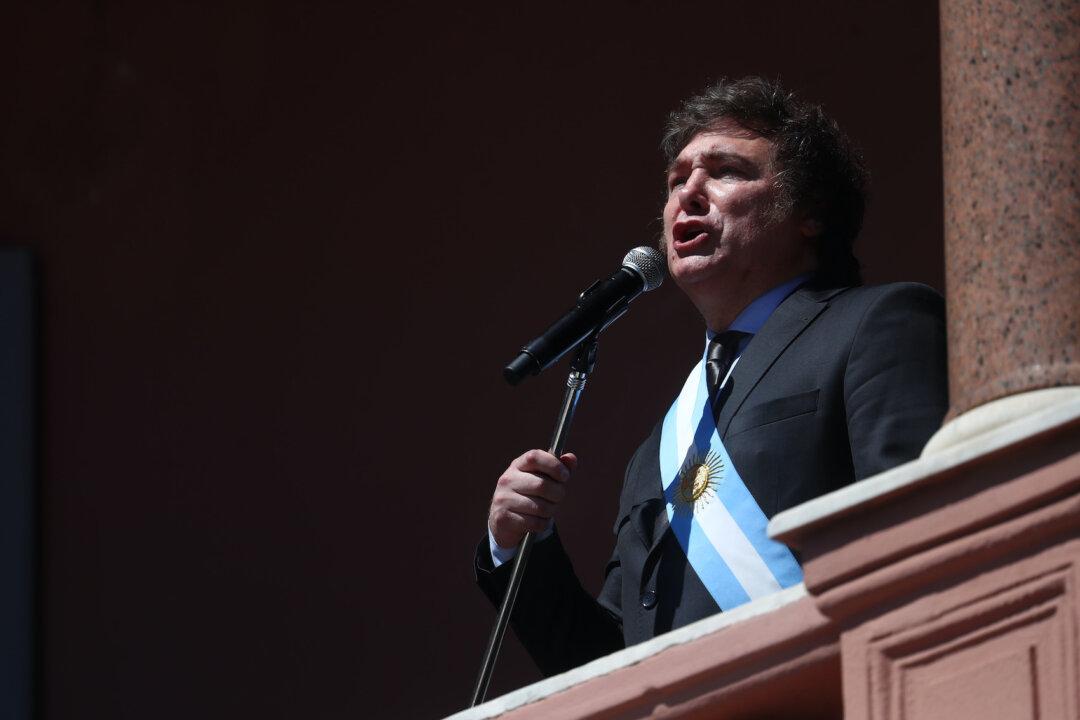Javier Milei, Argentina’s newly elected president, wrote letters to the leaders of Brazil, Russia, India, China, and South Africa (BRICS), formalizing his decision that the country would not join the economic alliance.
The letter, dated Dec. 22 and released by Argentina’s government on Dec. 30, stated that it was “not considered appropriate at this time” for Buenos Aires to become a full member of the organization comprised of major emerging markets.





